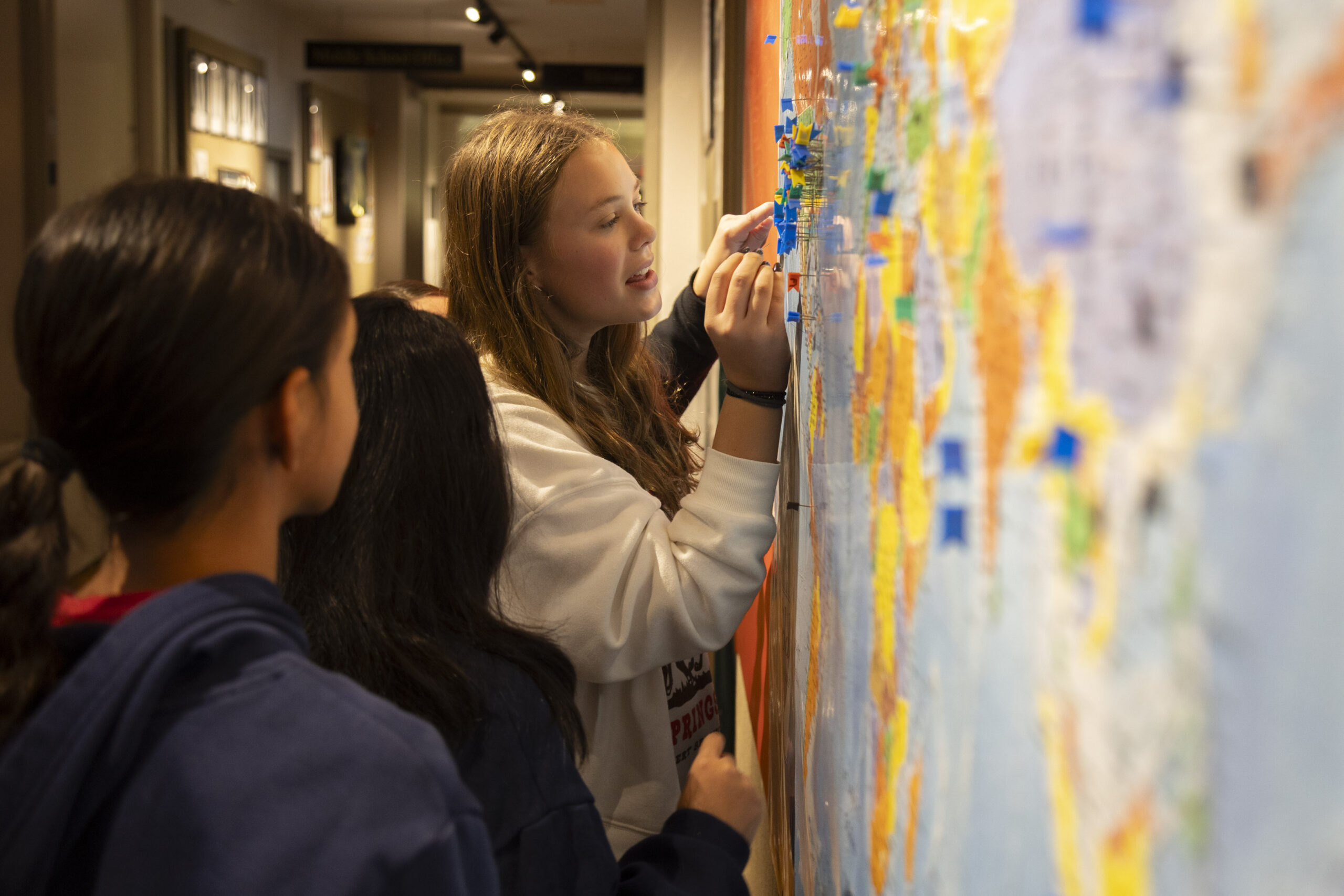During the winter of my high school junior year, my French literature classmates and I read Jean-Paul Sartre’s Huis Clos (No Exit) under the tutelage of our incomparable teacher, Paul “The Bear” Huber. Sartre’s story imagines three flawed characters trapped in a room together in the afterlife, each of whom is increasingly frustrated by the other two. Eventually they realize that the room is a punishment for their sins—that they have been sentenced to torture one another in close proximity for all eternity—at which point one of them declares, “L’enfer, c’est les Autres.” Hell is other people. Did I mention that Huis Clos is not a comedy?
A headline in the Wall Street Journal earlier this week reminded me of Sartre’s play: “The Ultrarich Are Spending a Fortune to Live in Extreme Privacy.” According to data from our own Federal Reserve Bank of St. Louis, while it is true on a relative basis that growth in the wealth of the bottom half of United States households, which has averaged 17% annually for the last decade, has outstripped that of the “ultrarich,” which has averaged 8%, on an absolute basis the wealth of the latter group has skyrocketed. The top 0.1% of American households had a combined net worth of $10.7 trillion in 2015. That figure is now $23.3 trillion. For many of these exceptionally affluent households, according to the Wall Street Journal, success buys segregation.
“The ultimate luxury is privacy,” says one person quoted in the article, recalling a recent trip to “a private island resort with only seven villas, each set off from the others and equipped with its own plunge pool and dock.” In this ostensible paradise, the man “spent his days lounging and swimming, occasionally ringing a butler to bring him a whisky.” Is this heaven or is it hell? There is a fourth character in Huis Clos, a strange valet who escorts the three damned souls to their shared room. I wonder whether he would bring them whisky if they rang.
Another Journal article this week, an interview with Pixar’s Andrew Stanton, recollects the 2008 movie WALL-E, which offers its own unsettling vision of paradise—a future replete with “leisure time…combined with technology making things cheaper and easier” and, as those who have seen the film will remember, consequent mountains of trash. The dystopian idea of a world littered with garbage was the genesis of the film. “Then,” Stanton explains, “we thought, what if science solved all our health problems? Life would become just a perpetual cruise to fill our time with endless seductive distractions.” The perpetual cruise in WALL-E is bespoke to each pampered individual in his levitating easy chair, riding alongside other pampered individuals in their levitating easy chairs. Screens, robots, and an AI named AUTO provide the seductive distractions and thus mediate nearly every lived experience. Humanity exists together apart, orbiting a forsaken planet.
Cooperation and community are the historical superpowers of Homo sapiens. The ancient Proto-Indo-European word “greg,” which meant “herd” or “group,” gave voice thousands of years ago to a foundational conception of human life, and it endures in the DNA of common English words like aggregate and congregation. Likewise, to be gregarious is to be sociable, even charming, and to be named Gregory is literally to be a people person. (Sadly, there is currently no Gregory enrolled at MICDS. The name, which ranked routinely among the top 25 most popular choices for boys born in the 1950s and ’60s, doesn’t even crack the top 500 today. Here’s hoping for a comeback!) Conversely, to do something egregious is to contravene an established social norm; and segregation—a word I used earlier—is a kind of oxymoron: existing together apart. How could a notion so antithetical to the success of our species evoke success in our world today?
The philosopher Arthur Danto observes of the three principal characters in Huis Clos that “each demands that he or she be taken at the value he or she would want to be taken”; but because all three lack the capacity to give this same respect back to each other—to understand their fellow captives as they would like to be understood—“each is forced to see himself through the eyes of the others… none can escape an identity imposed from without,” and, in this mutually reinforcing discourse of judgment rather than forgiveness, “each sees the acts of the others in the harshest possible light.”
We are committed to shining a warmer light at MICDS. Our communal expectations insist on respect for ourselves, respect for one another, and respect for our school. We insist on an elevated view of humanity, only in the absence of which could one mistake a lonely island for paradise, or a shared room for perdition. It’s been quite a long time—38 years—since The Bear taught me French, but I still remember enough of the language to say that, at least as far as our wonderful school is concerned, “L’enfer, ce n’est pas les Autres.” There is no such thing as together apart.
Always reason, always compassion, always courage. My best wishes to you all for a happy weekend and a joyful Thanksgiving holiday next week.
Jay Rainey
Head of School
This week’s addition to the “Refrains for Rams” playlist is Man I Need by Olivia Dean (Apple Music / Spotify).
